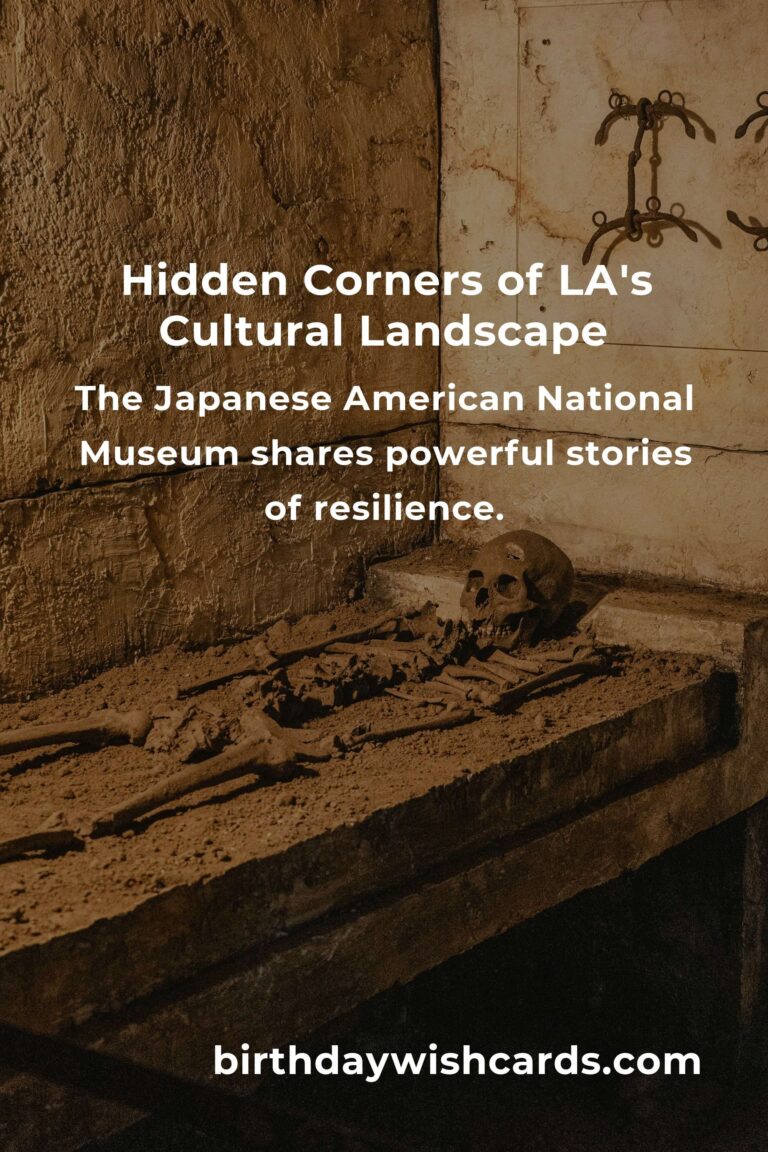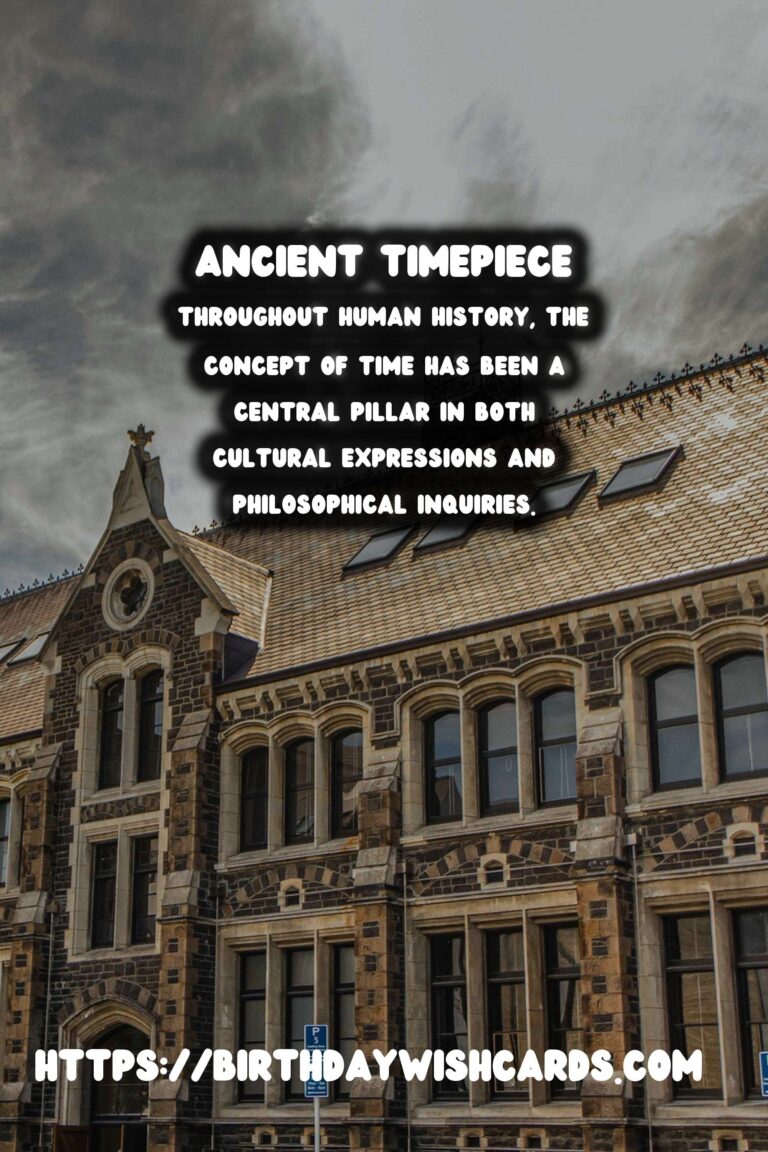
Throughout human history, the concept of time has been a central pillar in both cultural expressions and philosophical inquiries. Time influences our daily lives, how we interpret events, and forms the basis of understanding the universe itself. This article will delve into the multifaceted nature of time, exploring its cultural significance and philosophical ramifications.
Time in Ancient Cultures
Ancient societies had varying perceptions of time, often shaping their calendars and rituals around natural phenomena. For example, the ancient Egyptians developed a calendar based on the lunar cycles and solar observations, marking the annual flooding of the Nile as a key temporal event. Similarly, the Mayans created a sophisticated calendrical system that reflected not just solar movements, but also spiritual and esoteric cycles.
In these societies, time was often seen as cyclical, a recurring pattern of beginnings and endings, deeply tied to agricultural and cosmological events. This cyclical perception contrasts sharply with the linear concept of time prevalent in Western thought, highlighting the diversity in temporal interpretation across cultures.
Philosophical Interpretations of Time
Philosophers have long grappled with the nature of time, posing existential questions about its reality and our perception of its flow. Ancient Greek philosophers such as Heraclitus emphasized the constant change and flow of time, encapsulating it in his notion that one cannot step into the same river twice.
In contrast, Parmenides, another pivotal figure, argued for the illusion of temporal change, suggesting a more static interpretation of existence. These contrasting views set the stage for centuries of debate, evolving through different philosophical paradigms.
Medieval and Renaissance Views
During the medieval period, philosophical interpretations of time were heavily influenced by religious beliefs. St. Augustine of Hippo, one of the most prominent medieval philosophers, saw time as a creation of God, inherently linear and tied to the divine plan. He famously questioned the existence of past and future, proposing a spiritual and psychological lens through which time could be understood.
The Renaissance era marked a shift towards scientific exploration and the re-examination of time through empirical study. The innovations of figures like Galileo and Newton laid the groundwork for a more mechanistic view of time, integrated with the laws of motion and classical physics.
Modern Perspectives
In modern philosophy, time continued to capture the attention of thinkers such as Henri Bergson and Martin Heidegger. Bergson introduced the concept of ‘duration’, emphasizing subjective experience and consciousness as central to understanding time. Heidegger, on the other hand, explored time’s role in existential ontology, considering how our awareness of temporality shapes human existence.
In science, the advent of Einstein’s theory of relativity revolutionized the understanding of time, presenting it as relative rather than absolute and deeply intertwined with space.
Cultural Significance Today
In today’s globalized society, cultural interpretations of time vary dramatically. Some cultures, such as those in the Western world, often emphasize punctuality and view time as a resource to be managed efficiently. Contrarily, cultures with a more relaxed attitude towards time may prioritize relationships and communal activities over adherence to strict schedules.
This ongoing interaction between cultural perceptions and philosophical thought continues to enrich the dialogue surrounding time, making it a subject of perpetual interest and inquiry.
Conclusion
The history of time mirrors the development of human thought, bridging ancient cultural practices with sophisticated philosophical and scientific theories. As we move further into the twenty-first century, the interplay between these interpretations provides invaluable insight into the intricate way time influences every facet of our existence.
Throughout human history, the concept of time has been a central pillar in both cultural expressions and philosophical inquiries. The history of time mirrors the development of human thought, bridging ancient cultural practices with sophisticated philosophical and scientific theories. 
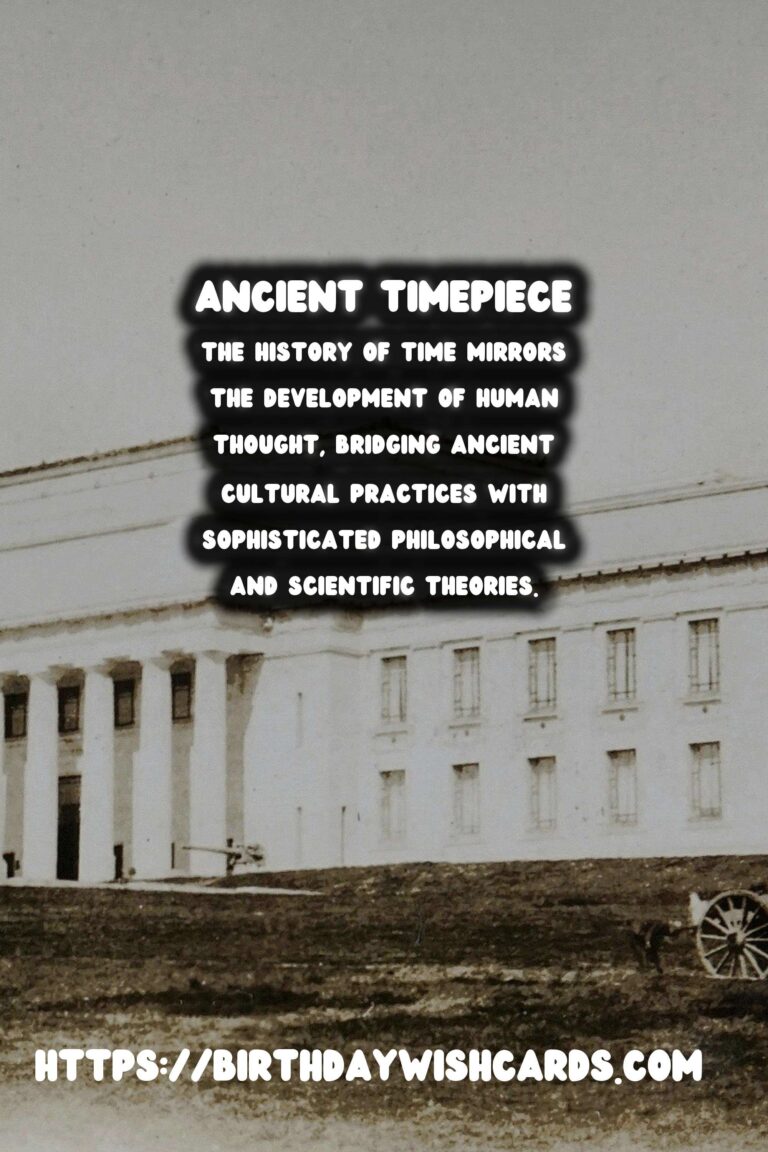
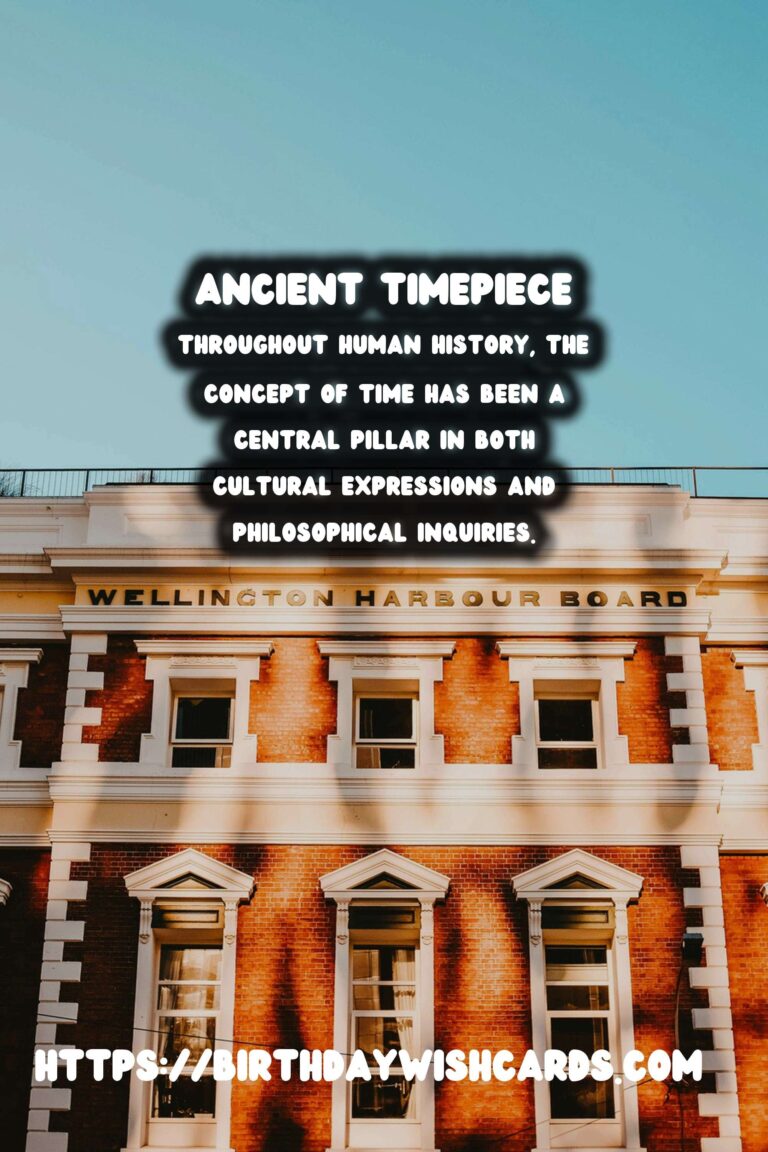
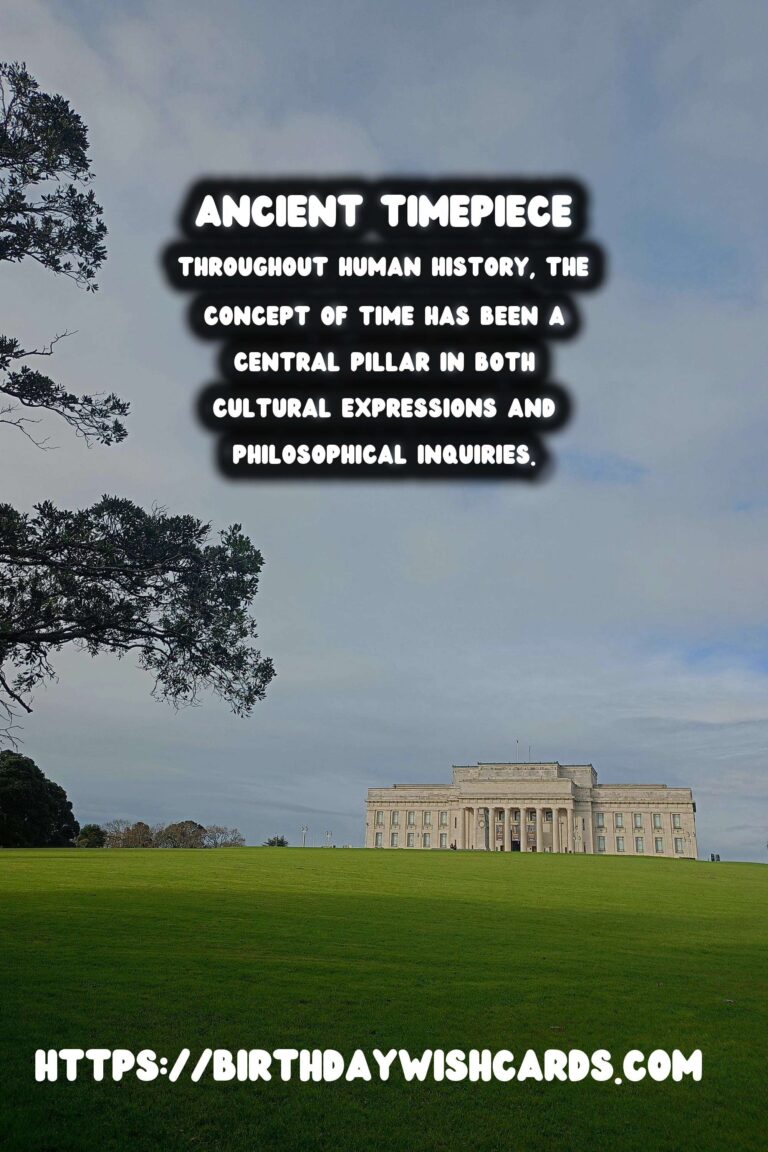
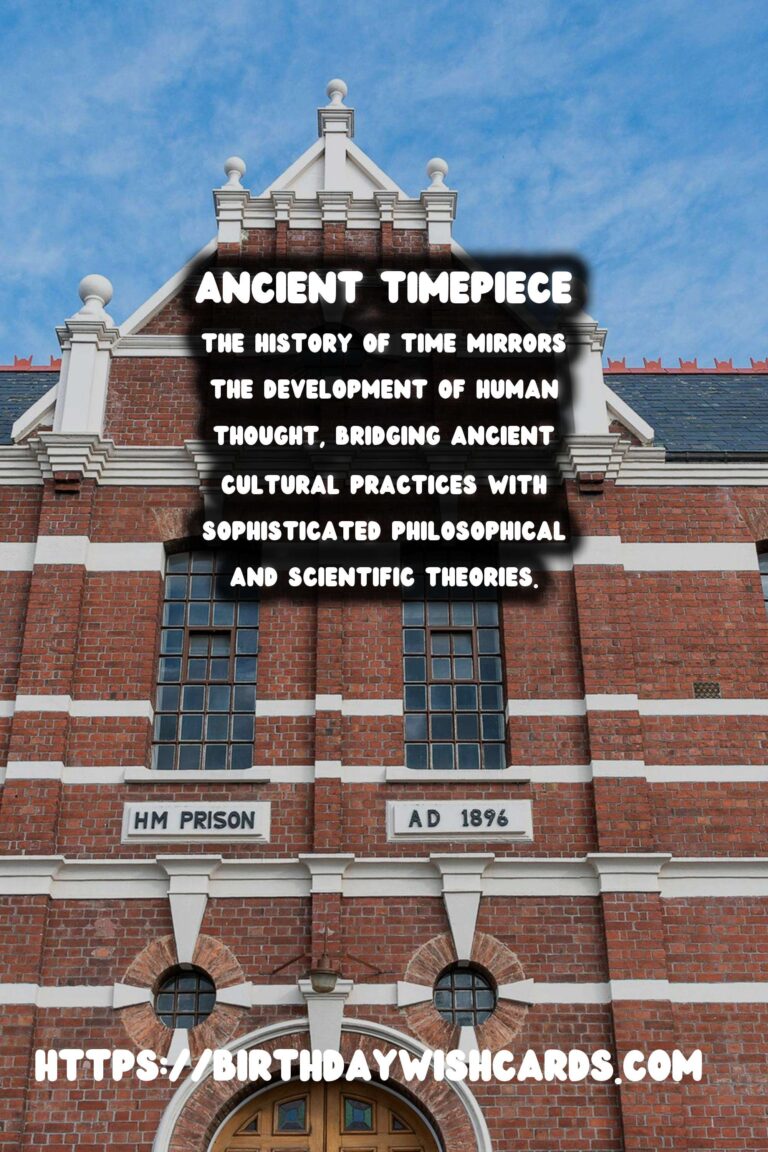
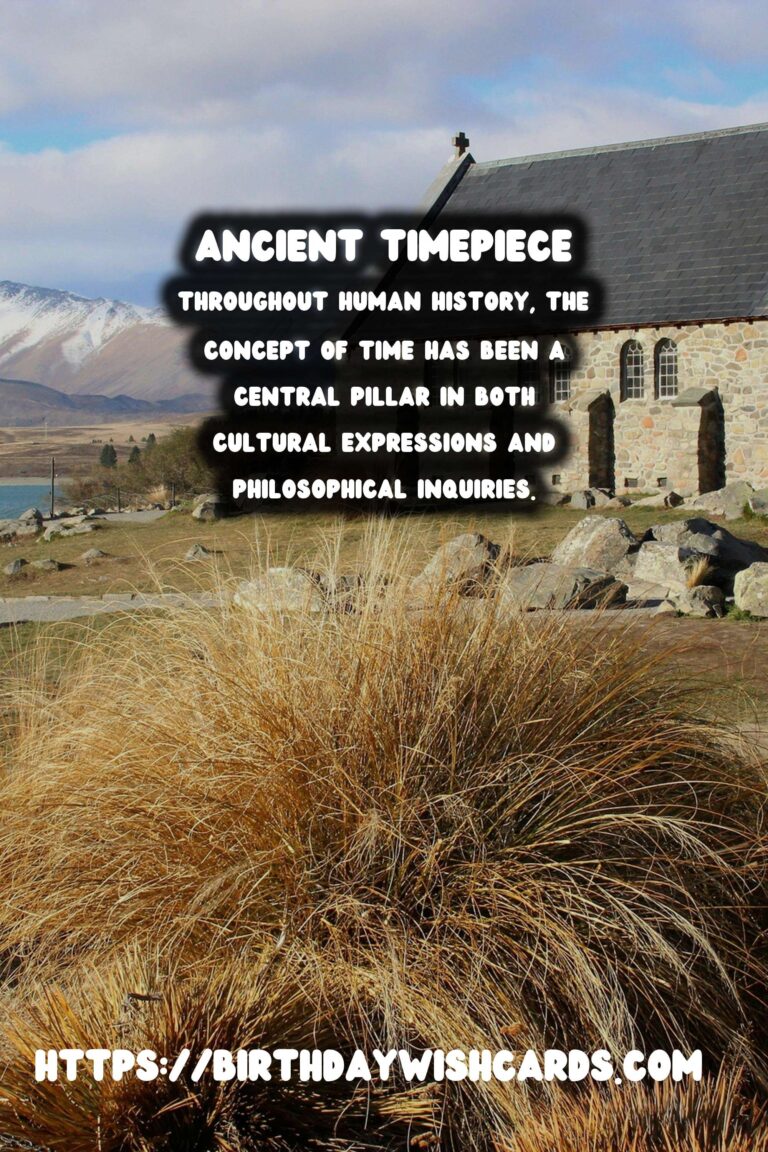
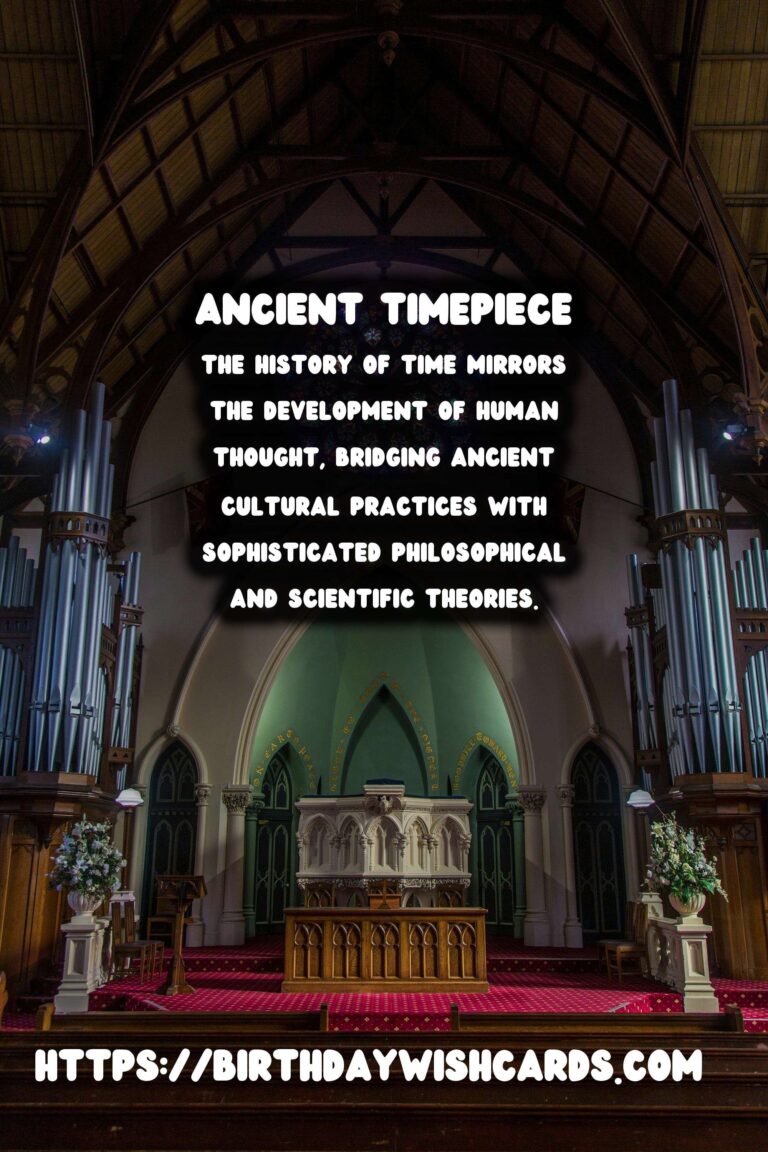
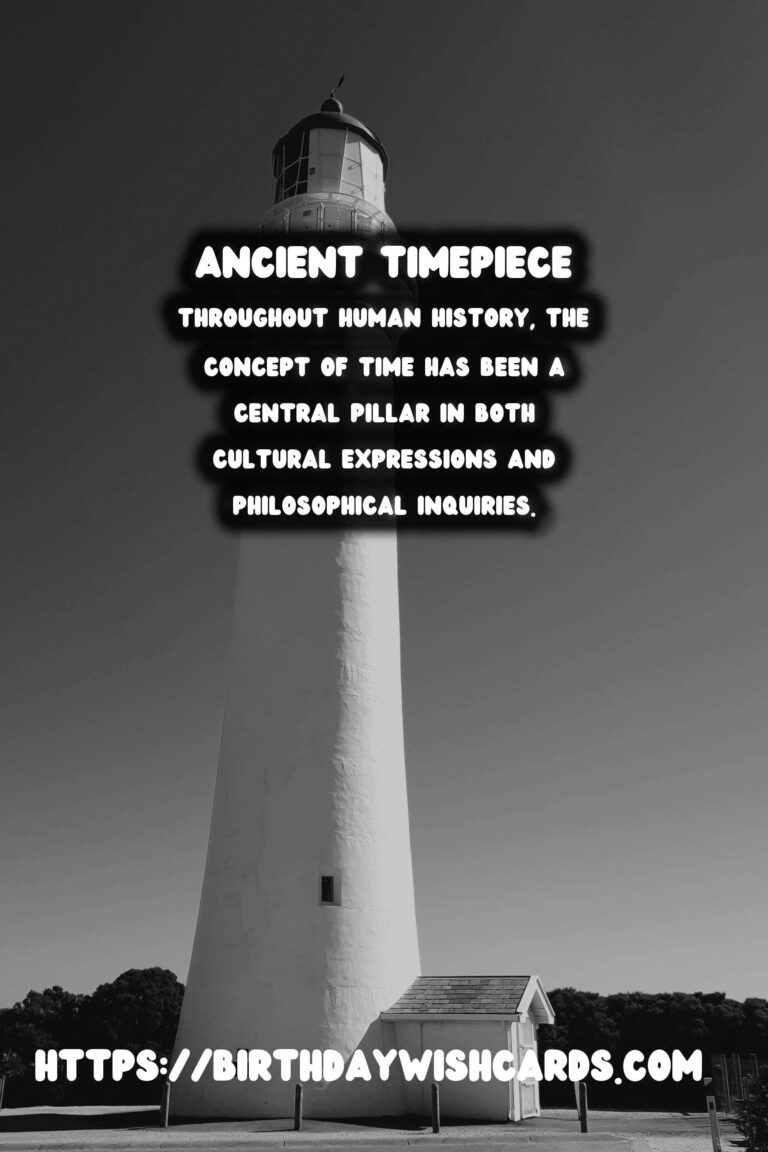
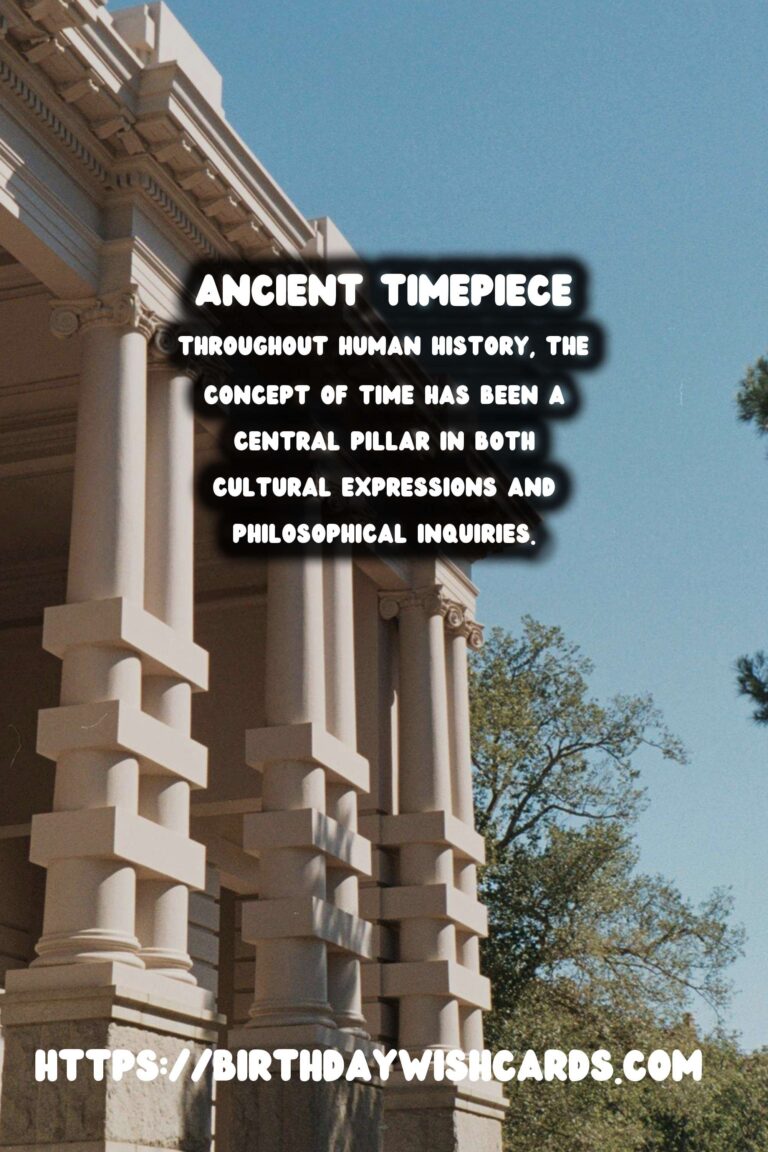
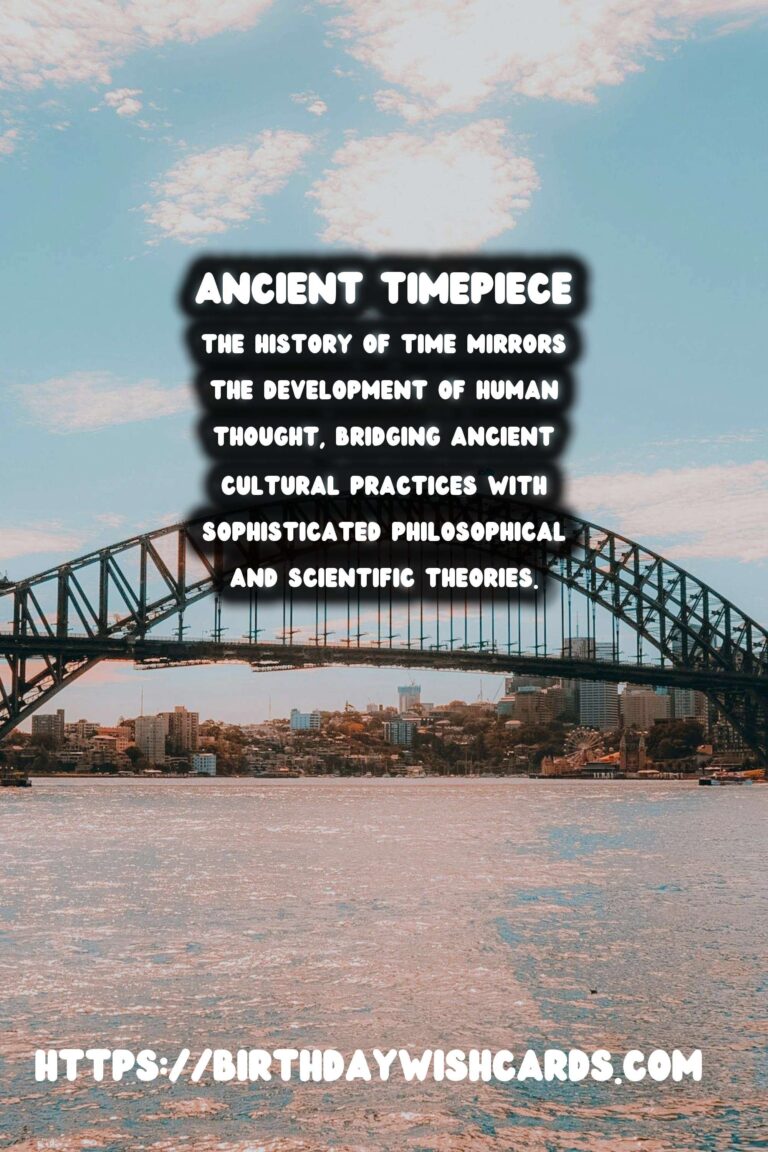
#TimeHistory #PhilosophyOfTime


